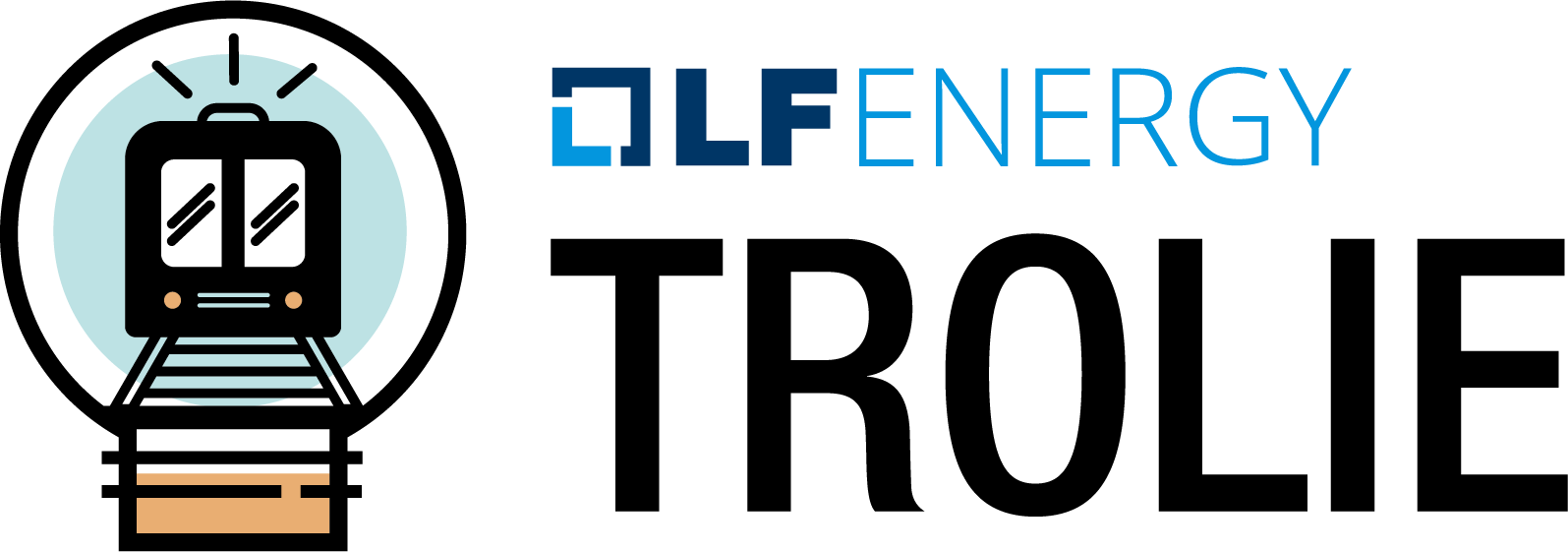
Establishing an open conformance standard and cultivating a software ecosystem to accelerate the implementation of reliable, secure, and interoperable systems for the exchange of transmission facility ratings and related information.
With FERC Order 881, North American Transmission Owners, Transmission Operators, Transmission Providers, and Reliability Coordinators must establish a means to exchange ratings information based on current and forecasted ambient conditions. There is no standards body with a mandate to define a technical specification for that exchange and no vendor consortium that is working toward a specification.
TROLIE started as a MISO and GE Vernova collaboration and is now an LF Energy project. Most organizations involved in the operation of the transmission system in North America now need to exchange ratings and related information in an automated, frequent manner. This project will help accelerate their implementation and simplify interoperability.
The project’s specific aims are:
- Define API specification for the exchange of ratings and ratings-related information to support organizations working to comply with FERC Order 881.
- A conformance program that emulates that Zowe Conformance Program or the Certified Kubernetes Conformance Program insofar as they give vendors a means to demonstrate their conformance to the above specification and signal their commitment to maintaining their conformance over time.
- An open commons for the development of clients of the API specification.
We are committed establishing a vendor-neutral specification and building an inclusive community.